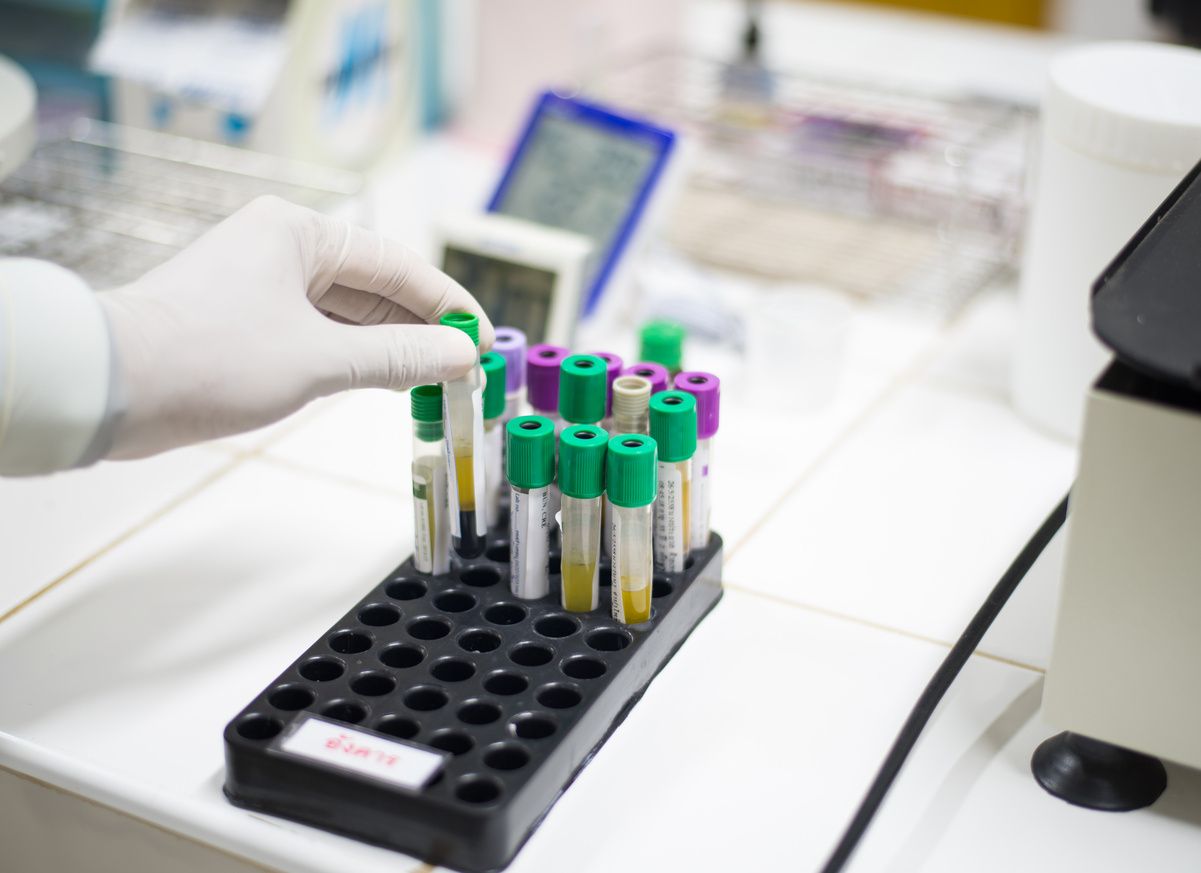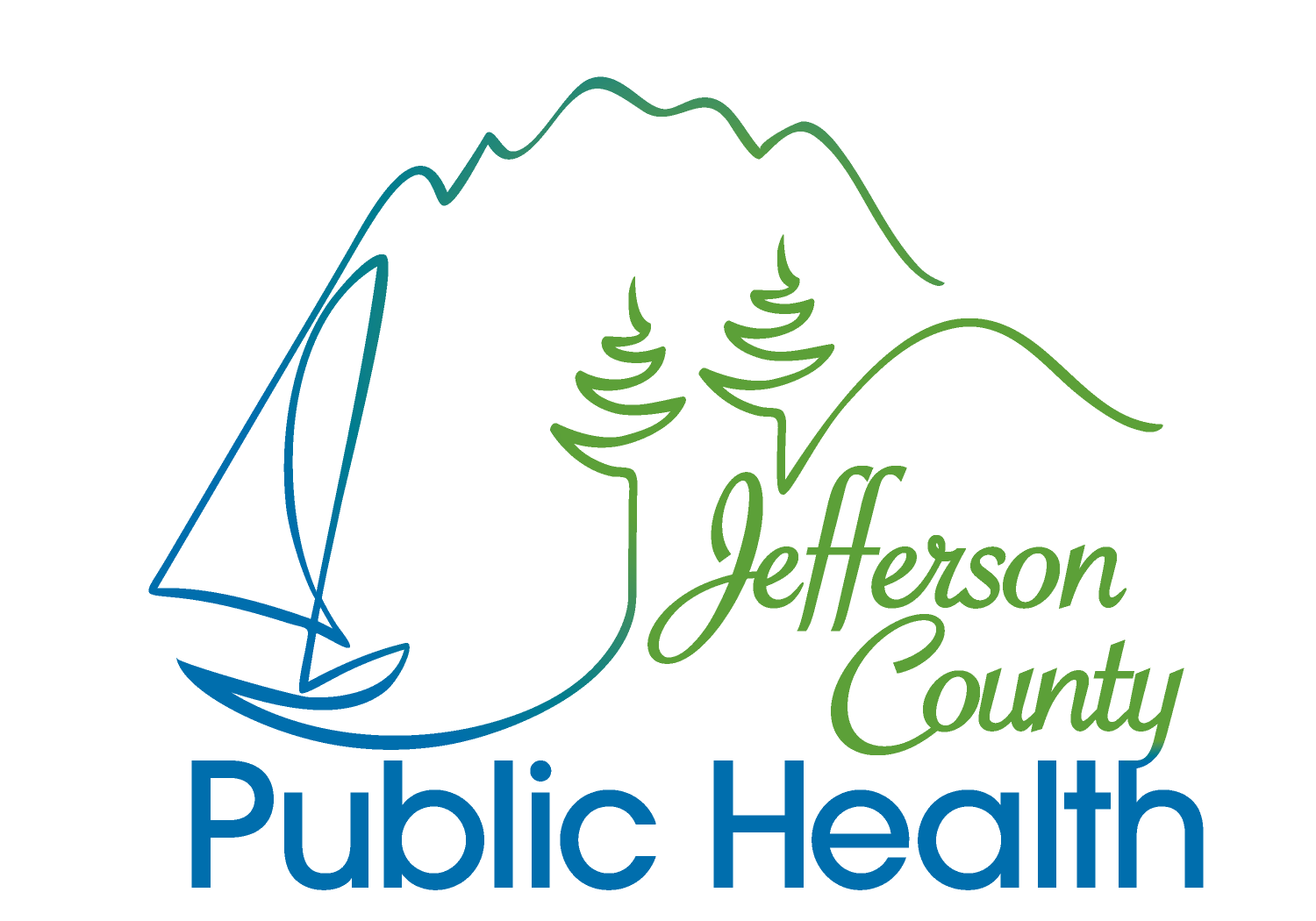
Requested actions
- Be aware, monkeypox virus infections are occurring in non-endemic countries, including 1 case in the United States.
- Assess for alternative etiologies in conditions causing pox-like lesions—herpes simplex, syphilis, varicella, etc.
- Report suspected or confirmed monkeypox cases to the Health Department. Call (253) 649-1412.
Background
Since May 14, 2022, providers have reported clusters of monkeypox cases in several countries that don’t normally have monkeypox. While previous cases outside of Africa were travel-associated, most recent cases do not have direct travel-associated exposure risks. Some of the cases are men who have sex with men. The investigation is evolving, and routes of exposure are not yet definitively known.
Monkeypox symptoms always include the characteristic rash—deep-seated pox lesions that may or may not be disseminated. Historically, a prodrome of fever, lymphadenopathy and other symptoms like malaise, headache and muscle aches comes before the rash.
Recent cases have not always experienced prodromal symptoms. Some began with characteristic monkeypox-like lesions in the genital and perianal region, without subjective fever or other prodromal symptoms. For this reason, providers may confuse cases with more commonly seen infections (e.g., syphilis, chancroid, herpes, varicella zoster).
Have heightened suspicion for monkeypox if the rash occurs in a person who:
- Traveled to a country with a recently confirmed case of monkeypox.
- Had contact with a person who:
- Had a similar rash, or
- Was diagnosed with suspected or confirmed monkeypox.
- Is a man who has close or intimate contact with men.
Report suspected or confirmed monkeypox cases to the Health Department. Call (253) 649-1412. Send samples to Washington State Department of Health virology lab for orthopoxvirus testing. CDC will do confirmatory testing.
